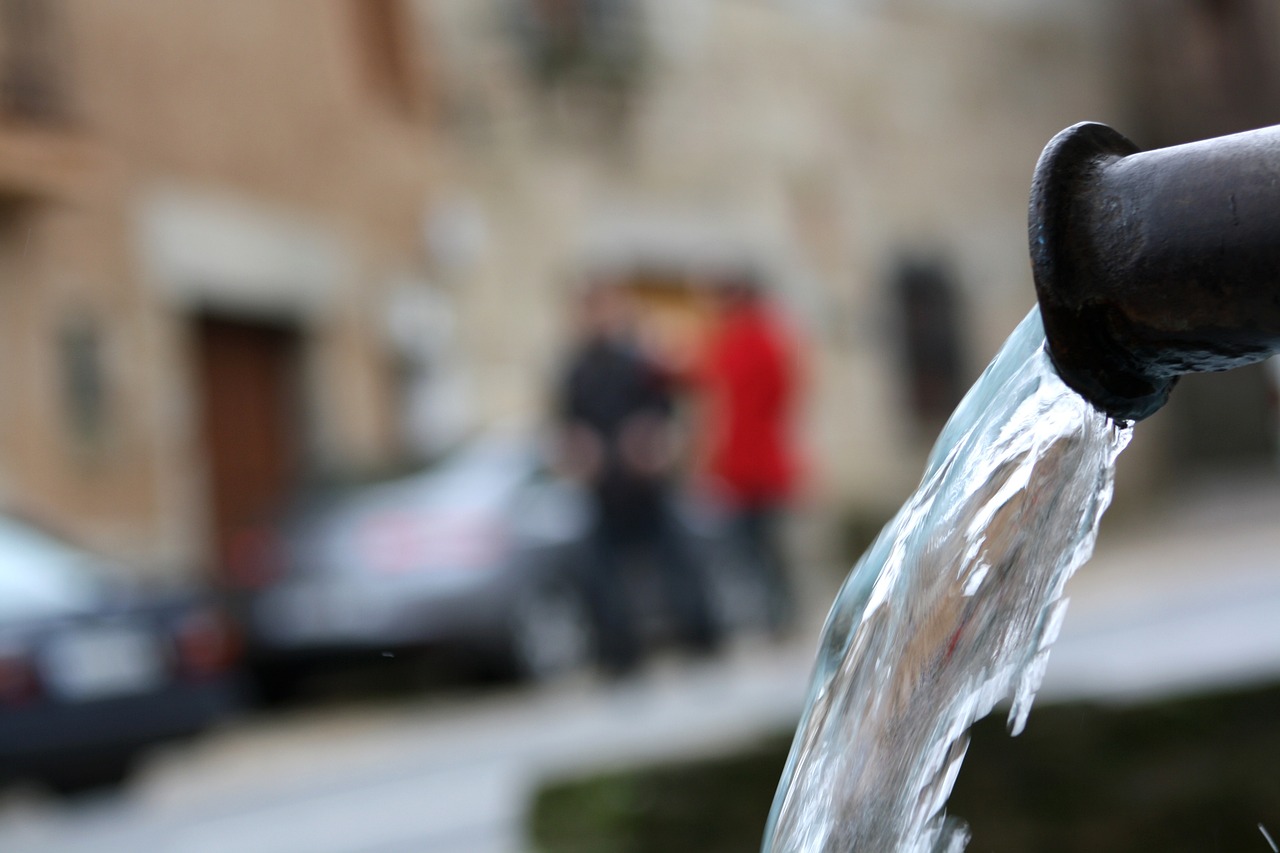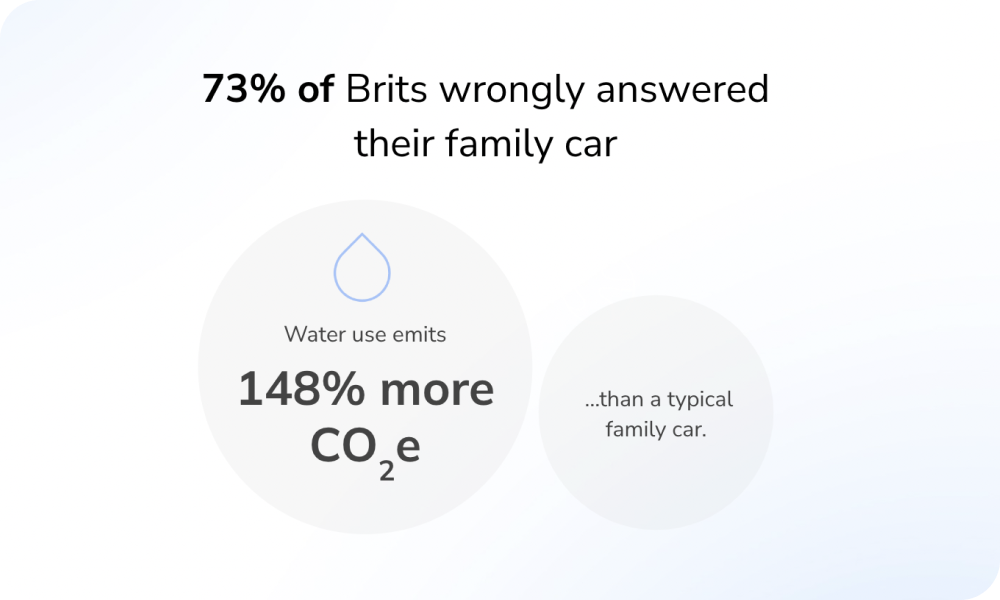Can we rely on our water companies to fix Britain’s water leak crisis?

Three billion litres of water are lost to leaks in England and Wales every single day.
This colossal waste of one of our most precious resources is both shocking and unsustainable.
Climate change and a growing population means we will need extra water supplies equivalent to London’s entire consumption by 2035.
And yet, every day, we literally pour that exact amount down the drain.
This is costing us in multiple ways. As customers we pay for processing this wasted water, since it is simply factored into our increasing bills.
And it has an environmental impact too: this daily water wastage unnecessarily emits as much carbon as more than three million cars*.
A law of diminishing returns for the water companies?
70% of the leakage takes place ‘in transit’ – lost to leaks in the mains pipes. These are the responsibility of the privatised water companies. They must get a grip of this.
They have been trying, and it’s true that there has been some progress on tackling leakage in the last ten years in some areas.
But it’s also true that nine of the 19 water companies in England and Wales missed the latest leak reduction targets set by Ofwat.
Some have argued that the incentive for privatised water companies to do more is simply no longer there. With the easiest-to-fix leaks already addressed, the companies now face a law of diminishing returns: it makes better bottom-line sense to swallow a fine from the regulator for a missed target, than to spend more money on harder, more expensive fixes.
For their part, the water companies argue they must be allowed to increase water prices to raise the investment they need to tackle the tougher leaks. But higher water bills at the level they want are not something the Government or its watchdog look likely to allow.
As it stands, it would take English water companies 2,000 years to replace their pipes at current rates.
Meanwhile, Ofwat continues to (at least) outwardly bare its teeth each year by raising the leak reduction target bar, despite nearly half of last year’s being missed.
We all have a role to play in reducing leakage
All of this suggests it’s more important than ever for us as individuals and businesses to take action on the water wastage that we can control.
30% of leaks take place ‘beyond the stopcock’ – in our homes and businesses. These leaks can be identified and rectified far more easily. The technology is there, it is inexpensive and can be easily fitted.
And, for all of us as consumers, there is an attractive win-win on offer: by eliminating leaks, we’re not just preventing costly damage but also reducing our water bills, insurance premiums, and carbon footprints.
For this action to become a reality, we first need people to understand the scale of the water scarcity crisis we face, and the connection between water and carbon emissions.

We recently polled consumers and asked which they thought emitted the most carbon: a year’s worth of water use in a family home, or driving a typical petrol car the UK annual average mileage. Nearly three quarters of people thought it was the car, when in fact water usage emits one and a half times more carbon. There is a problem with water literacy in the UK that needs fixing if we are to value water more highly.
We also need the government to place a far higher emphasis on water conservation. For more than 30 years (since 1991) we have insisted every new property be fitted with a smoke alarm, and yet houses can still be built without a mandatory leak detector. This is madness, particularly when insurance industry data shows that escape of water (water leaks) are more likely, and cause more damage, than fires and theft combined.
So, whether we can rely on the water companies to fix the problem remains to be seen. Yes, we must continue to place pressure on them. And possibly even accept that we may see our water bills rise a little more quickly than we hoped.
But one thing is for certain: we can, and must, all take action on the water wastage we can control today.
If you’d like to learn more about how Watergate helps homeowners and businesses detect leaks and reduce consumption, please do contact us.
* Watergate analysed CO2e emissions from cars and from water wasted via leaks. Calculations and sources: 3bn litres / 3m cubic metres of water are leaked in England and Wales alone every day. 70% of this is lost ‘in transit’ – ie from mains pipes – and 30% is lost ‘beyond the stopcock. Water processing through the water use cycle (ie travelling through mains pipes) emits 3kg CO2e/cubic metre, and water we use in our homes (ie beyond the stopcock) generates 10.4kg CO2e/cubic metre. So, 3m cubic metres x 70% x 3kg = 6,300 tonnes + 3m cubic metres x 30% x 10.4kg = 9,360 tonnes = 15,660 tonnes of CO2e / day from leaked water. The average UK car emits 262.3gms/mile and drives 6,551miles per year. This means the average car emits 0.005 tonnes CO2E/day. 15,660 tonnes (water emissions)/ 0.0047 tonnes (single car emissions) = 3.326 million cars.
